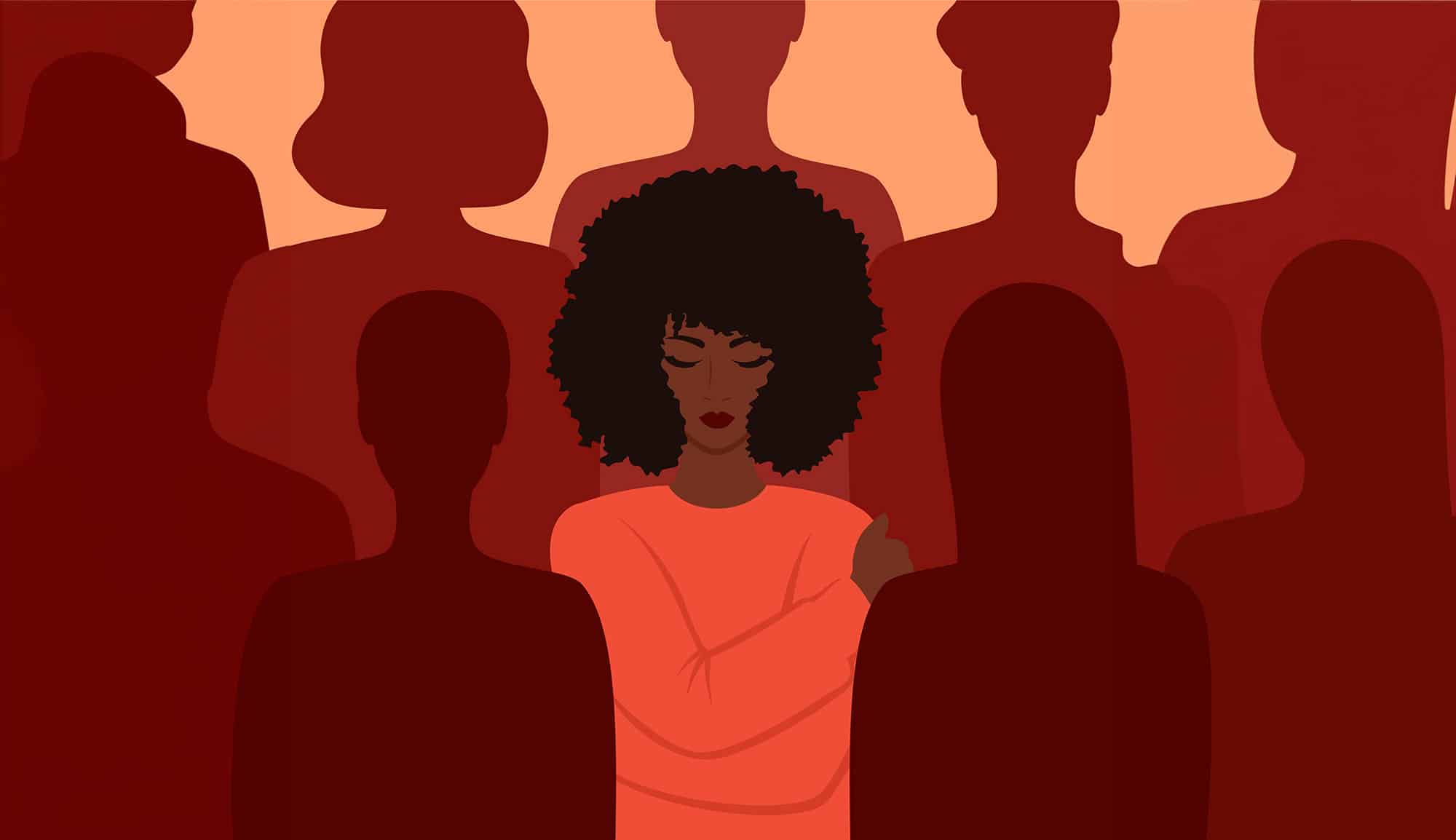Grief rewrites our address book, as the saying goes, and the holidays can really underscore the difficulties in our relationships. While it is helpful to try to surround yourself with emotionally safe people this holiday season, the reality is you will likely wind up face to face with difficult people who push your buttons.
Whether it is a family member who is on a different grief journey than you, a grumpy store clerk, or a friend who just doesn’t understand why you don’t want to celebrate the way you used to, or someone who disappeared from your life once you got the bad news, there are many opportunities to lose your cool.
And who could blame you for getting upset? I get it–I am the one who screamed at the nice police officer who preemptively told me my stepfather died as he was driving us to the hospital. (Thank goodness he was really nice . He took it like a champ).
But if you would like a more skillful way to deal with difficult people when you are grieving this holiday season, try compassion. I don’t mean putting up with bad behavior, or being nice to people who aren’t being nice to you for the sake of faking it ‘til you can get the heck out. I mean taking a moment to try to understand why they are rubbing you the wrong way in the first place.
This puts you back in the driver’s seat. And while you can not change the way they feel, you can do your best to protect yourself from further suffering. Here are a few tips to help you make it through this year’s holiday parties and gatherings:
- Practice Self-Kindness. Sometimes the only person who knows what you need is yourself. When faced with a difficult person, excuse yourself for a moment and find a place where you can be alone for a few moments (bathrooms are great for this). Offer yourself words of kindness, such as “I know this is hard, dear, it will be over soon.” Or “You are hurting right now, I see that.” Gently stroke your own cheek or the back of your hand with your other hand to release oxytocin, the hug-hormone, which will help calm your nerves and turn your stress switch off. Take a few deep breaths and return when you are ready, or find your way to a safe person.
- Reflect on Common Humanity. Can you remember a time when you were difficult to be around? What might be going on in this person’s life right now to make them act this way? Reflecting on our shared humanity in this way is not meant to make you feel bad about past transgressions, but to help you see that we all have tough times that influence our behavior. If it feels right, you may want to initiate an act of kindness towards the difficult person, either in thought, word or deed, to help soften the tension. Honor the fact that you are in the same boat, but having a different experience. Acknowledging this shared humanity may calm the waters for the both of you.
- Communicate with Compassion. While you cannot control the response the other person’s response, it may be helpful to let them know how you are feeling in a way that does not put them on the defensive. “I know we are all feeling emotionally worn down lately, this holiday thing is tough for all of us.” Or try asking them how they are doing: “Each of us had a special relationship with her, and so our grief will be different. How is it for you?” Acknowledge that the whole family is suffering, including you and the difficult person, and open up a dialogue of what needs to happen to foster peace. Learn how to understand and communicate your needs in my article 5 Steps To Communicate Your Needs.
- Have a Plan B. Sometimes the most skillful action is to find refuge away from the celebration. Plan your escape route ahead of time, particularly if the event is attended by people who are not family and friends who are also grieving, such as a holiday party at work. Happy party goers can be a challenge to be around if your grief is raw simply because they are joyous when you are not. Rather than forcing yourself to stay in an uncomfortable situation, have an emotionally safe friend who agree to drive you home when you are ready, or who will meet you for a cup of tea so you can decompress.
- “Wrap Yourself in White Light & Bless Him.” This sage advice was given to me by a healer when I asked how to deal with a difficult family member of my own. My first response was doubt. “But he is so difficult! He pushes all of my buttons. How will this help?” During our next phone call, I gave it a try. And you know what? It worked. By setting this energetic boundary, and imagining sending him blessings, I felt strong and grounded. I was able to face my difficult person surrounded by peace. It worked!
- Take a Pass. Yes, you are allowed to say no. While it can be helpful to connect with others on a social level, if you feel it is going to bring you more suffering than peace, skip it. Plan something else with your safe person, and tell the event host (or the people that are used to visiting your home for the holidays) that this year is different. Just because you choose to take a pass this year does not mean the holidays are changed forever. Next year will be different, and you can make a wise choice about how you want to spend it when the time comes. Yes, you may receive push-back from some people, but those who don’t understand how you feel may be just the people you need to take a break from this holiday. Taking care of yourself is the greatest gift you can give yourself this year.
- Practice Metta Meditation: Metta, also known as loving-kindness meditation, is a simple yet profound practice that focuses on cultivating love and compassion. In this practice, you silently repeat phrases like ‘May I be happy, may I be well,’ extending these wishes first to yourself and then to others. The aim is to generate a sense of warmth and care, starting from within and radiating outwards. By incorporating Metta into your daily routine, you can navigate difficult interpersonal dynamics with a more open heart. It serves as a grounding technique that fosters empathy, helping you approach challenging situations and people with understanding and grace.


